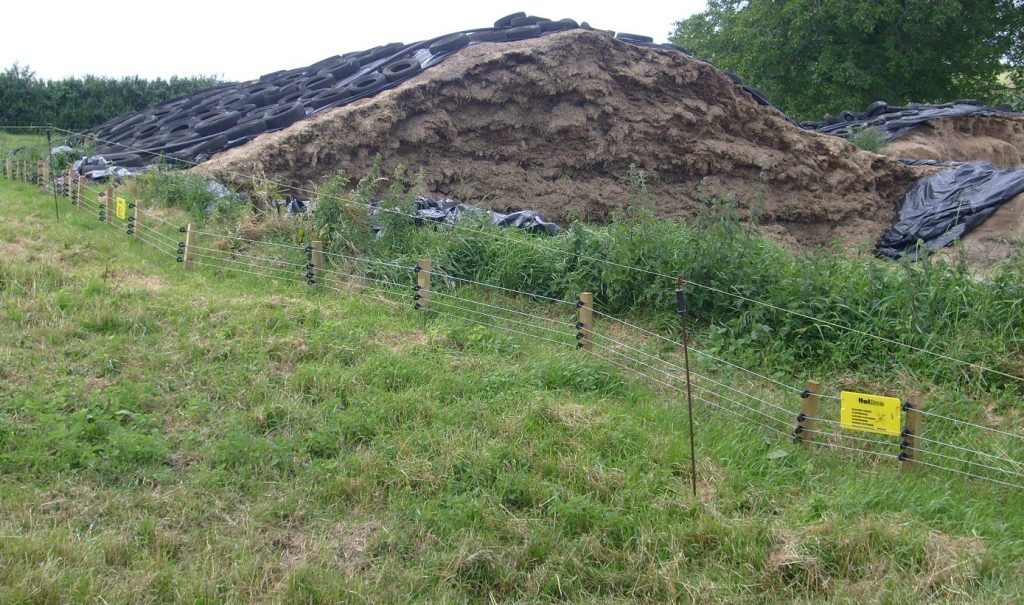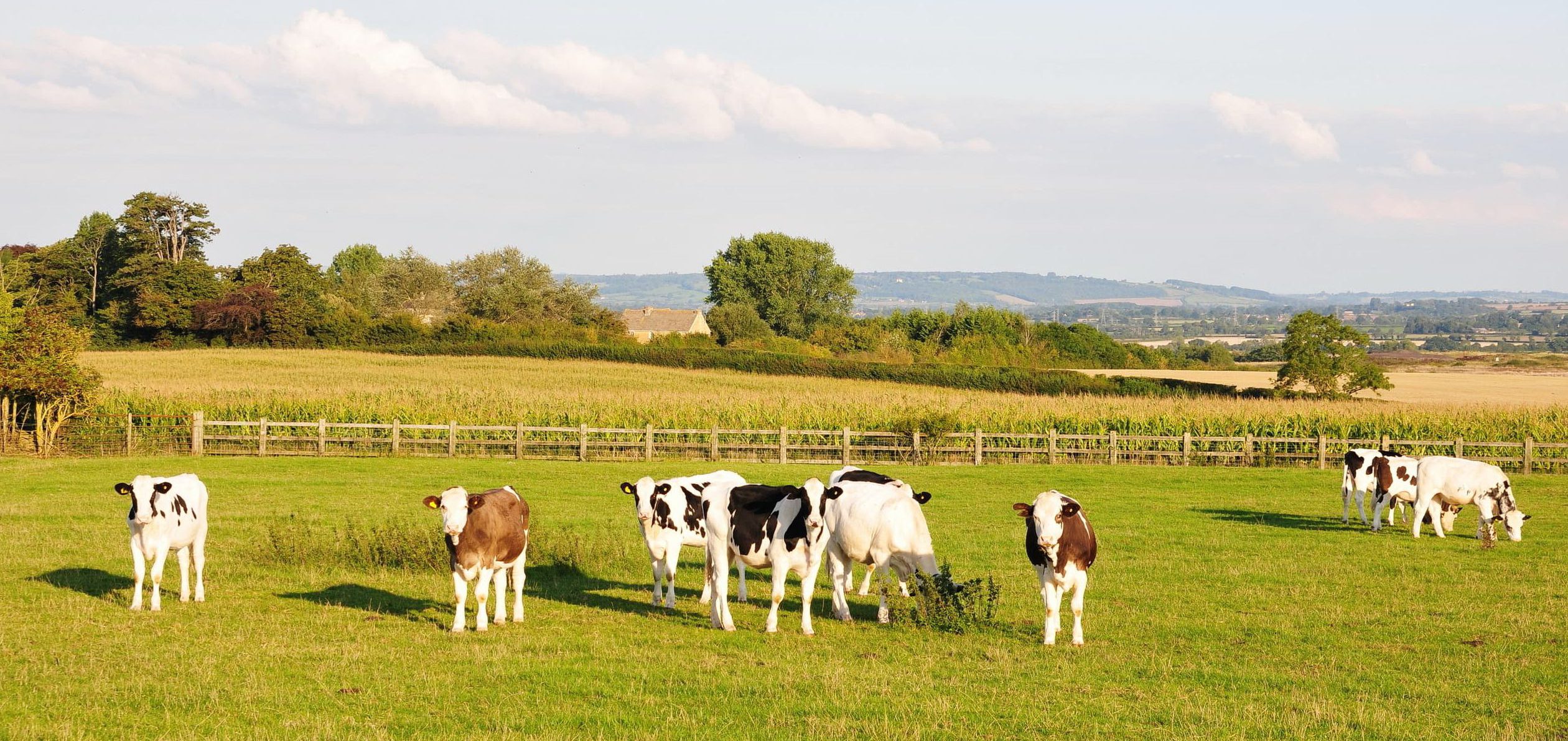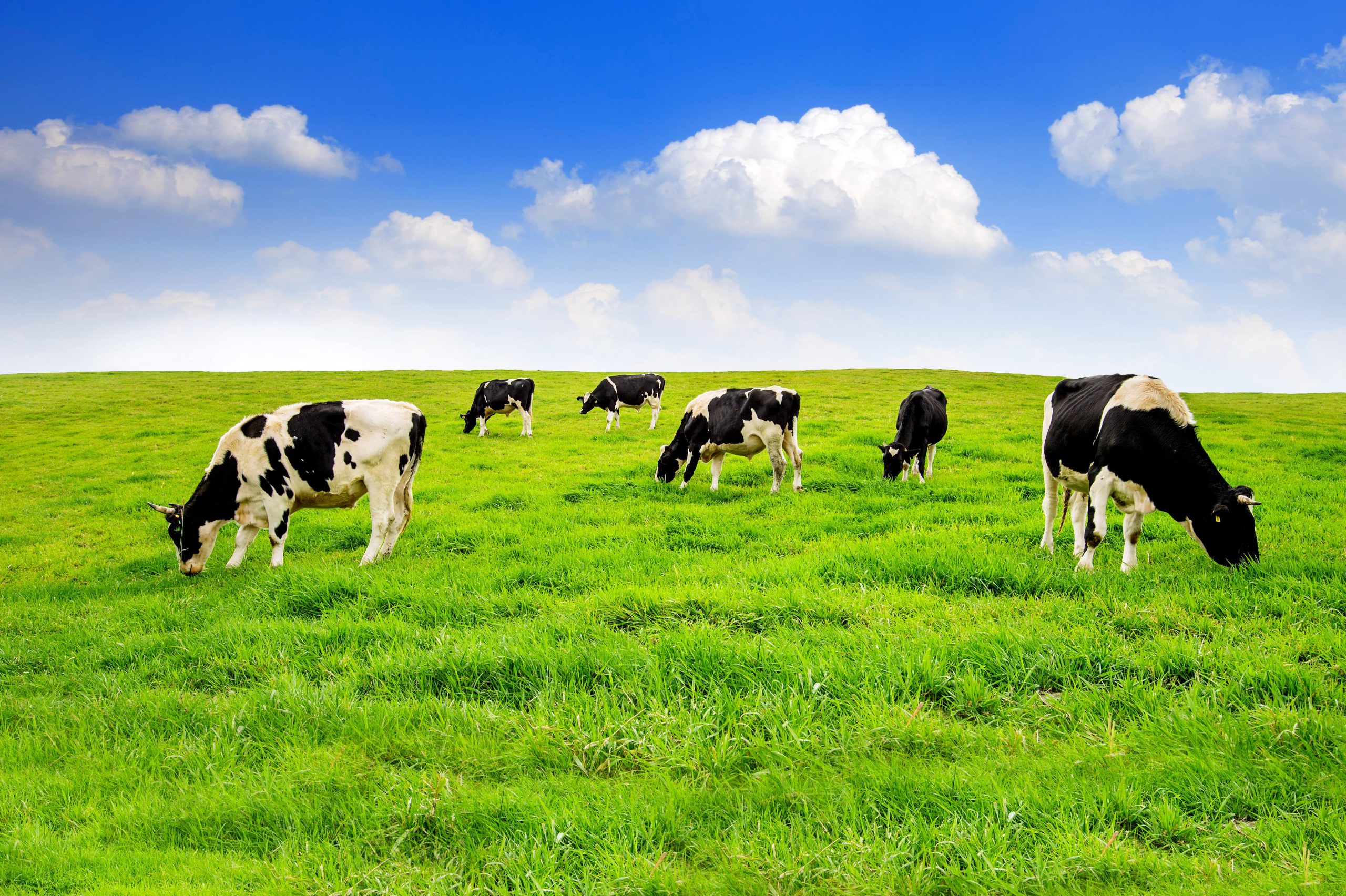Why do this?
Infected cattle can excrete M. bovis bacteria in their faeces. Cattle manure/slurry may therefore be contaminated with M. bovis. Measures can be taken to minimise the risk of manure being a source of TB infection for your cattle.
How to reduce your risk

Store manure for a long period before spreading on your farm
Research has shown that M. bovis bacteria can survive in manure for three weeks and in slurry for up to six months. With this in mind, it is recommended to store manure for at least three weeks and slurry for at least six months before spreading on pasture so that few, if any, M. bovis bacteria will be present at the time of spreading. Manure and slurry should be stored in a secure structure that is inaccessible to domestic and wild animals.

Only spread manure on arable land or pasture that is not going to be grazed by cattle for at least two months
This minimises the risk of infecting cattle from manure even further, in addition to the lengthy storage period recommended above, by avoiding direct contact of contaminated manure with cattle. The two month waiting period should also apply to grass if it is to be cut for forage.
Minimise aerosols and contamination of roadways when spreading
Aerosols of manure may promote spread of M. bovis bacteria. Ideally spreading methods should allow for controlled application and spreading should not be carried out in windy weather. If the spreading method generates aerosols that cannot be controlled, then it increases the risk of spreading infection into fields that contain cattle.
Don’t spread manure from other farms
The TB status of other farms is not always known at the time that manure is collected. Purchasing manure from other farms increases the risk of purchasing infectious agents from those farms, including M. bovis.

Useful resources
- Factsheet on survival of M. bovis in feed, water & faeces
- Information about survival of M. bovis in the environment
- Guidance on using and spreading manure